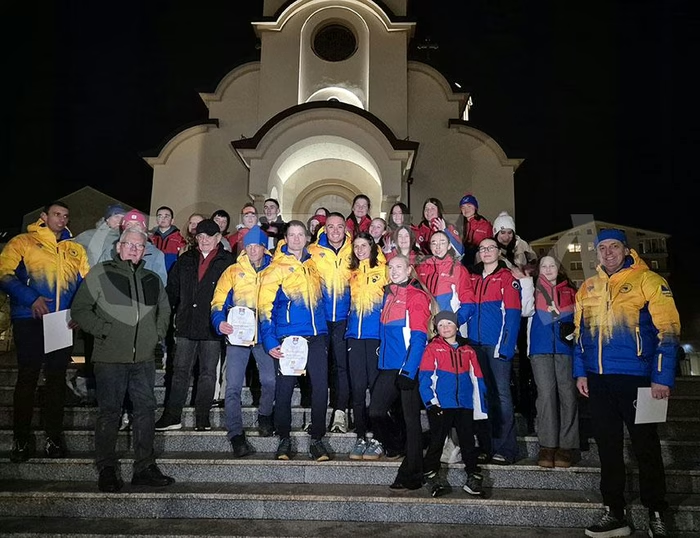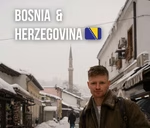
Bosnia's incumbent prime minister said, Tuesday, he would not vote for the formation of the new state-level government before the legal condition for the submission of Bosnia's Annual National Programme (ANP) to Brussels are met.
"My takeover of the function of the Speaker of Bosnia's House of Representatives will not be the moment when the government is formed. It will be formed the moment all the political actors say they will respect the rule of law. From the moment they decide to respect that, we will have the new government in 10-15 days at most," the incumbent Chairman of the Council of Ministers (CoM) which serves as Bosnia's government, said after the CoM session, adding that the new CoM will not be formed before the ANP is sent to the NATO headquarters.
The ANP is a precondition for the activation of Bosnia's Membership Action Plan (MAP) for NATO after the Alliance approved its activation for the country. But, even though Bosnia adopted a number of laws and regulations saying it would fulfil all the preconditions for the MAP, Bosnian Serbs stand against it.
When it comes to Bosnia’s NATO membership, its three largest ethnic groups stand divided on the issue. Bosnian Croats and Bosniaks support the country’s accession, while Bosnian Serbs are strictly against it, saying they will follow Serbia’s lead on this.
The Serb-dominated Republika Srpska (RS) entity's National Assembly even adopted a Declaration stipulating the entity will remain militarily neutral and that they will not join any military alliance.
After the October 2018 general election, the CoM Chairman suggested by the strongest Serb party in the country, the Alliance of Independent Social Democrats (SNSD), Zoran Tegeltija, said he would not work on Bosnia's NATO accession, nor would he push for the adoption of the country's ANP.
This sparked outrage among Bosniak politicians who said they would not support Tegeltija's election before he includes NATO into his work program.
During the session, the CoM also dealt with the migrant crisis, adopting 10 conclusions and tasking the Defence Minister Marina Pendes to urgently send a Decision to the Presidency on deploying engineering units of Bosnia's Armed Forces to the border in order to prevent migrants from further entering the country.
“We've precisely determined the 10 most frequent locations. They are on the part of the border with Serbia and Montenegro and this decision will be submitted to the Presidency,” Zvizdic said.
He noted that Bosnia will not take in any more migrants than it can sustain.
“We still want to respect international law, but there is no money in the world that the EU can give us so we would become a migrant reception centre. Bosnia will humanely treat all the 5,000 migrants winch is our maximum capacity,” Zvizdic stressed.
He also announced an increased border control in cooperation with Serbian and Montenegrin border police agencies and added that they have prepared an initiative for the employment of some 100-150 new Border Police officers.
Last year, 25,000 migrants entered the country and competent authorities estimate that there are around 9,000 of them in the country right now.
Migrants started flocking to Bosnia after Bulgaria and Hungary imposed strict border controls and stopped migrants from entering their country, effectively blocking the migrants' "Balkan route."
Kakvo je tvoje mišljenje o ovome?
Učestvuj u diskusiji ili pročitaj komentare





 Srbija
Srbija
 Hrvatska
Hrvatska
 Slovenija
Slovenija



























































